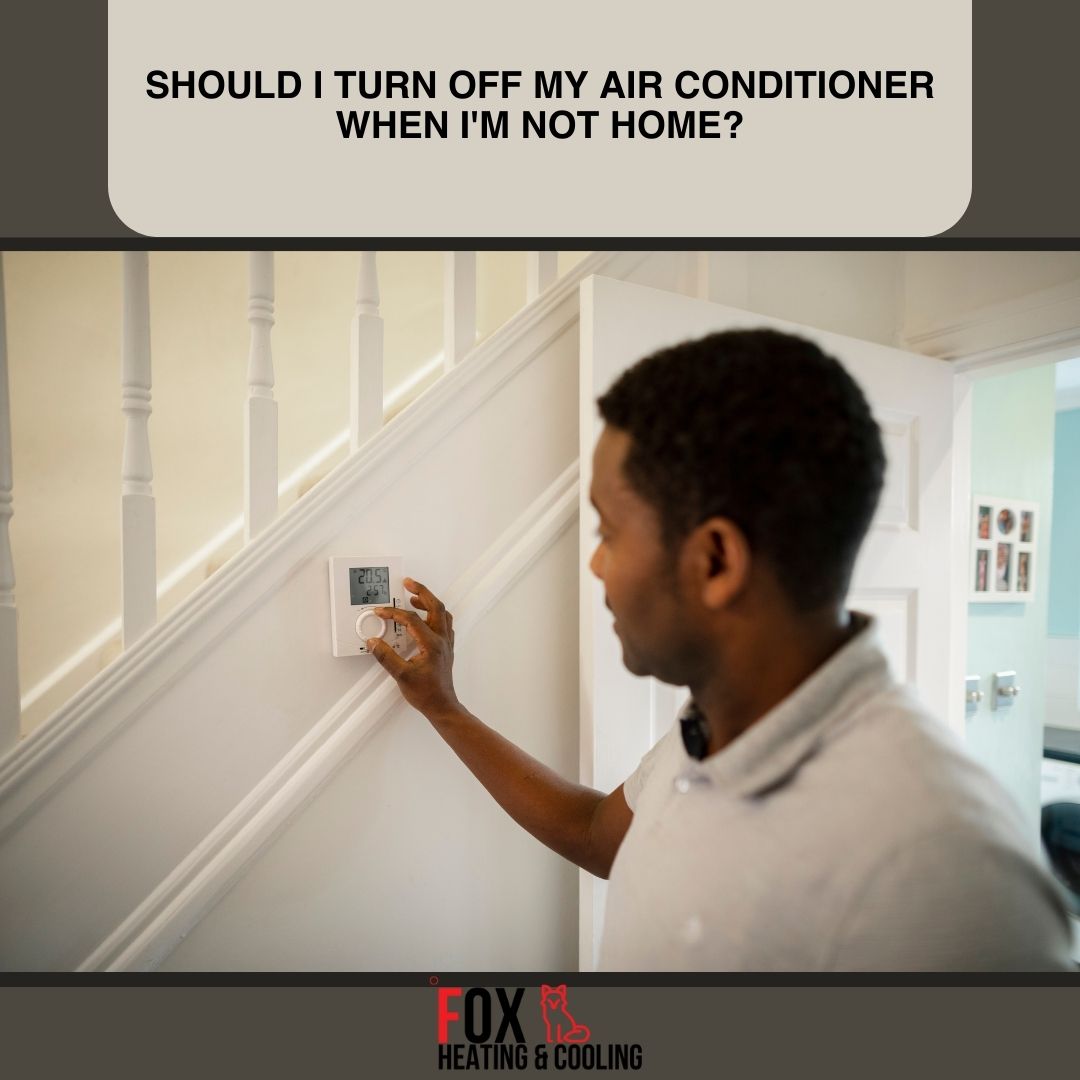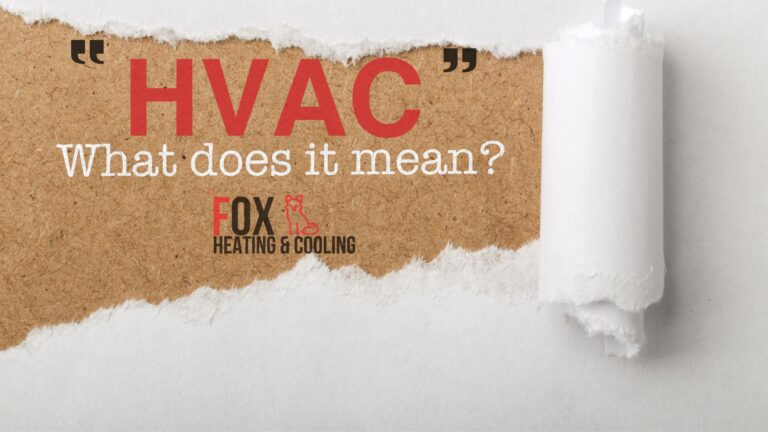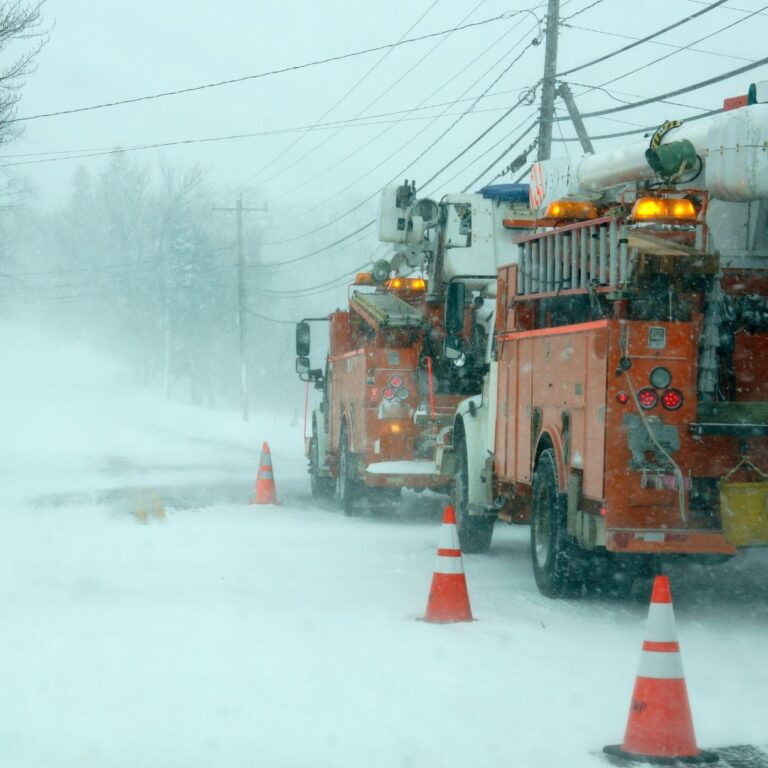The final months of warmer weather are creeping along here and the front range is starting to see some relief. With lower temperatures, homeowners might be considering changing their cooling habits and needs. This can both be beneficial for the longevity of the home’s HVAC system and the consequential energy bill. Every household is different in how they approach their cooling needs whether that be running the air conditioning unit non-stop to having scheduled off-and-on times. But what is the most efficient way to run your ac? Should I turn off my air conditioner when I’m not home? Or Should I run the air conditioner all summer long without stopping?
A team of mechanical and building engineers looked into the data which analyzes the questions: Will you need to remove more heat from your home continuously removing heat throughout the day or removing excess heat only at the end of the day?
should I turn off my air conditioner when I’m not home? TLDR:
The true answers to this question is unfortunately not so straightforwad. The answer comes down to how much energy your home needs to use in order to remove the heat. A combination of your home’s insulations, size, and air conditioner type play pivotal roles in this operation. Additionally, the weather outside the home including temperature and humidity are factors to your cooling needs. Bottomline, as long as your air conditioner is the right model, size, and type installed in your home – you should not need to run the air conditioner all day 24/7.
Cooling off your home after being away is best
According to the engineers unpublished calculations, letting your home heat up while you are out and cooling it when you get home can use less energy than keeping it consistently cool.
Your home can only get so hot.
Homes have a limit to how much heat they can store. The amount of heat that enters a home depends on how hot the building was initially and how hot the outside temperature is. As your home heats up, the process of heat transfer slows down; eventually reaching zero or equilibrium. Meaning that the temperature inside the house is the same as the outside temperature. The amount of heat your home has stored up is dependent on the size or volume of the space. For example, if your home can only store 5 units of thermal energy (heat) before reaching equilibrium, then at the end of the day when turning on the ac, you only need to remove 5 units. Newer homes rarely will reach the same temperature outside since the improvements of code standards with insulation and air exchange.
Don’t run your AC during the hottest part of the day
Additionally, air conditioning units are designed to operate best in certain conditions which include optimal temperature. If you have your ac running during the hottest part of the day, then its efficiency will suffer as it is working harder. Keeping the air conditioner unit off during the hotter times of the day and only running it during optimal conditions will increase the overall efficiency of the system.
Having your AC catch up periodically throughout the day is effective too.
During the study, it was found that even when the AC temporarily spikes in activity to recover from the higher indoor temperatures. The overall energy consumption is still less than when maintaining a constant temperature throughout the day.
Final Thoughts
On an annual scale with a conventional central air conditioner, when operating the air conditioner intermittently throughout the day, can have energy savings of up to 11%. As opposed to running the air conditioner all day long to maintain a consistent temperature. This was found across the use of central air conditioning systems and ductless mini-split systems.
So to answer the question, “should I turn off my air conditioner when I’m not home?”. No, the numbers show that isn’t the best way to operate any air conditioner. The energy consumption required to keep a space at a consistent temperature all summer long is too great. But with thoughtful planning and scheduling, homes can see a nice improvement in their energy consumption by spacing out the usage of an AC.




